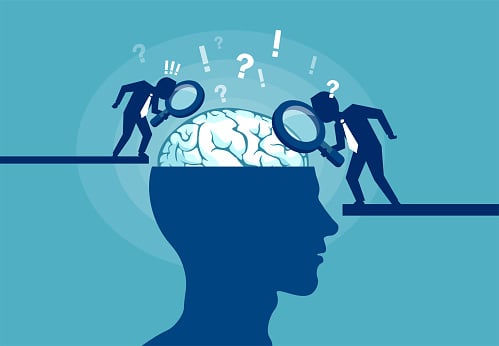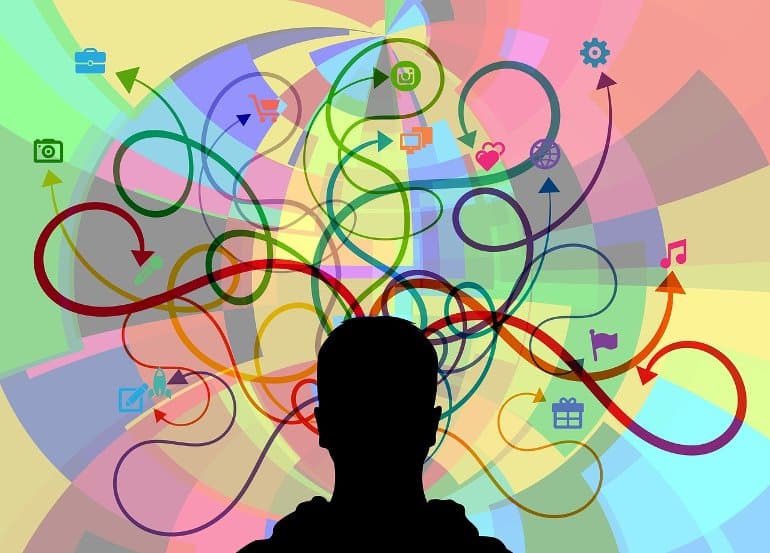The Psychology of Decision Making: Insights into Human Behavior
Welcome, curious minds, to a journey into the depths of human cognition and behaviour – welcome to the fascinating world of the Psychology of Decision Making. In this blog post, we'll dive into the essence of this field, exploring its definition, key aspects, and profound relevance in understanding why we humans do what we do. So, grab your mental gear and let's embark on this enlightening adventure together!
What is The Psychology of Decision Making?
The Key Aspects: Rationality vs. Irrationality
One of the fundamental aspects of decision-making is the interplay between rationality and irrationality. While we like to think of ourselves as logical beings, the truth is our decisions are often swayed by emotions, biases, and heuristics – mental shortcuts that help us make quick judgments but can lead to errors in reasoning.
Take, for example, the phenomenon of "loss aversion," where we tend to strongly prefer avoiding losses to acquiring gains. This bias can influence our decisions in various contexts, from investment choices to everyday consumer behaviour. Understanding such biases is crucial in unravelling the mysteries of human behaviour.
The Relevance: From Everyday Choices to Major Life Decisions
The insights gleaned from the Psychology of Decision Making extend far beyond the realm of academia. They have profound implications in numerous aspects of our lives, from personal relationships to business strategies.
Insights and Anecdotes: Stories from the Trenches
To bring these concepts to life, let's delve into some real-life examples and anecdotes that highlight the nuances of decision-making.
The Paradox of Choice
Ever found yourself standing in front of a supermarket aisle, paralyzed by the sheer variety of options? This phenomenon, known as the "paradox of choice," illustrates how an abundance of choices can lead to anxiety and decision paralysis rather than liberation. Retailers and marketers are well aware of this, strategically narrowing down options to streamline the decision-making process for consumers.
The Power of Defaults
In the realm of decision-making, defaults wield surprising power. Research has shown that people are more likely to stick with the default option, even if it's not the best choice for them. This principle is evident in various settings, from organ donation programs to software installation prompts. By understanding the psychology behind defaults, policymakers and designers can nudge people towards making better choices.
Emotions and Decision-Making
Our emotions play a significant role in shaping our decisions, often overriding rational deliberation. Consider the case of a person making impulsive purchases during a bout of stress or sadness, seeking temporary relief through retail therapy. By recognizing the influence of emotions on decision-making, individuals can develop strategies to mitigate their impact and make more thoughtful choices.
Conclusion: The Never-Ending Quest for Understanding
As we wrap up our exploration of the Psychology of Decision Making, one thing becomes abundantly clear – the human mind is a complex and enigmatic landscape, filled with countless twists and turns. While we've only scratched the surface in this blog post, the journey towards understanding our decision-making processes is an ongoing one, filled with excitement and discovery.
So, dear readers, I invite you to join me on this never-ending quest for knowledge. Let's delve deeper into the realms of cognitive psychology, behavioural economics, and beyond, unravelling the mysteries of human behaviour one decision at a time. Who knows what insights and revelations await us in the uncharted territories of the mind? Let's find out together!





Comments
Post a Comment